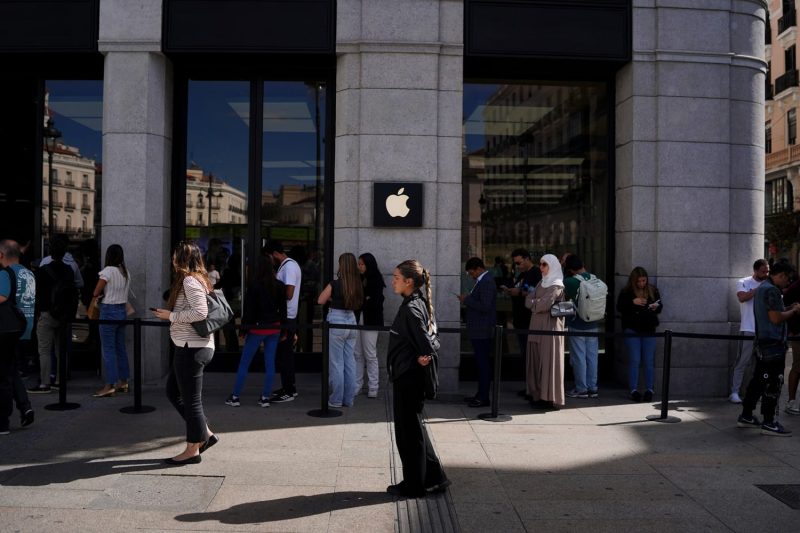Apple Accused of Breaching EU Tech Rules: Understanding the Implications
The European Union regulatory authorities have recently leveled accusations against tech giant Apple, claiming that the company has breached the bloc’s regulations. This move intensifies the ongoing scrutiny of major tech firms and their compliance with EU laws, particularly in the realm of competition and consumer protection.
At the heart of the issue are concerns regarding Apple’s App Store practices, specifically relating to the way in which the company manages its distribution platform and the restrictions it places on developers. The European Commission has alleged that Apple’s behavior potentially hampers competition and limits consumer choice, both of which are key components of a fair and open digital market.
One of the primary allegations directed at Apple is the imposition of strict rules on app developers, requiring them to use Apple’s proprietary in-app purchasing system and charging high commissions on digital transactions. This practice, critics argue, not only stifles innovation and entrepreneurship but also results in higher costs for consumers, as developers are forced to pass on these fees to their customers.
In response to the accusations, Apple has defended its practices, arguing that its App Store guidelines are designed to ensure a safe and secure environment for users while also supporting developers in reaching a global audience. The company emphasizes the value it brings to the app ecosystem through its investments in infrastructure, developer tools, and customer support.
However, the EU regulators remain unconvinced, signaling a possible escalation of the conflict between Apple and European authorities. If found guilty of breaching EU rules, Apple could face significant fines and be compelled to alter its business practices to align with the bloc’s regulations. This outcome could have far-reaching implications not only for Apple but for the broader tech industry as well.
The ongoing dispute between Apple and the EU underscores the complexity of regulating large tech companies operating in a global digital market. As digital services continue to play an increasingly central role in our daily lives, ensuring fair competition and consumer protection becomes paramount. The outcome of this case will not only shape the future of Apple in the EU but also set a precedent for how tech giants are held accountable for their actions in the digital space.
In conclusion, the accusations against Apple by EU regulators highlight the challenges faced in balancing innovation and competition in the tech industry. The outcome of this case will likely have a ripple effect on how other major tech companies conduct their business in the EU and beyond, emphasizing the need for increased scrutiny and oversight to safeguard a fair and open digital market for all stakeholders involved.

